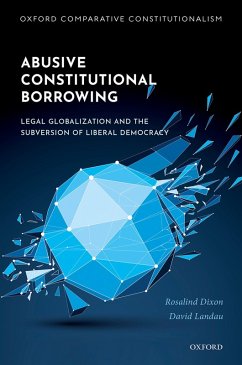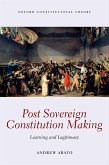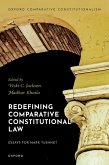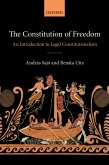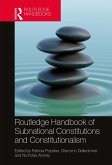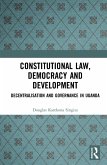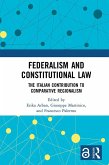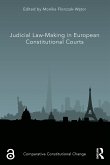Law is fast globalizing as a field, and many lawyers, judges and political leaders are engaged in a process of comparative "borrowing". But this new form of legal globalization has darksides: it is not just a source of inspiration for those seeking to strengthen and improve democratic institutions and policies. It is increasingly an inspiration - and legitimation device - for those seeking to erode democracy by stealth, under the guise of a form of faux liberal democratic cover. Abusive Constitutional Borrowing: Legal globalization and the subversion of liberal democracy outlines this phenomenon, how it succeeds, and what we can do to prevent it. This book address current patterns of democratic retrenchment and explores its multiple variants and technologies, considering the role of legitimating ideologies that help support different modes of abusive constitutionalism. An important contribution to both legal and political scholarship, this book will of interest to all those working in the legal and political disciplines of public law, constitutional theory, political theory, and political science.
Dieser Download kann aus rechtlichen Gründen nur mit Rechnungsadresse in A, B, BG, CY, CZ, D, DK, EW, E, FIN, F, GR, HR, H, IRL, I, LT, L, LR, M, NL, PL, P, R, S, SLO, SK ausgeliefert werden.

